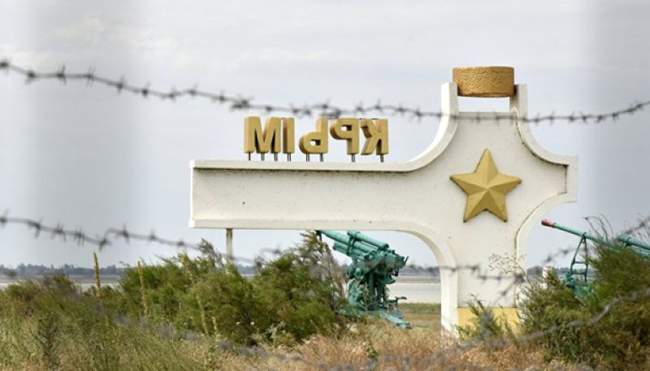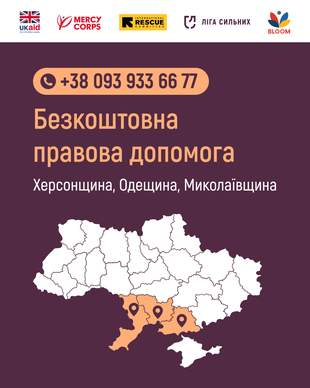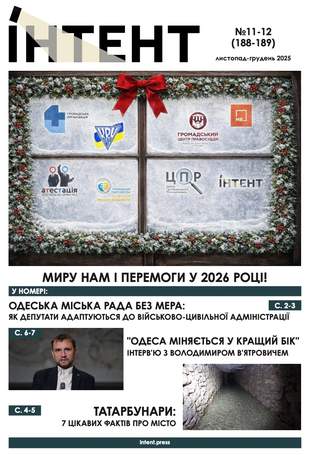Меню
Соціальні мережі
Розділи
Jan. 13, 2025, 10:01 a.m.
Last year, the court sentenced more than 140 criminals for war crimes, treason and collaboration
This article also available in English174

Photo: UNIAN
Last year, in 2024, Ukrainian courts passed 141 verdicts on charges of war crimes and violation of the principles of national security of Ukraine based on investigations by the ARC Prosecutor 's Office.
According to Krym.Realii, this was reported by the head of the department of the Crimean prosecutor's office Yegor Rebrov.
"Most of the sentences were for high treason, Article 111 of the Criminal Code of Ukraine, 106 sentences. There were also cases against former members of the Verkhovna Rada of the Autonomous Republic of Crimea, members of the Sevastopol City Council, former judges, prosecutors, law enforcement officers of the Autonomous Republic of Crimea," Rebrov was quoted as saying.
After the Criminal Code of Ukraine was supplemented in 2022 with an article that provides for punishment for cooperation, the prosecutor's office's capabilities expanded, Rebrov said.
"In 2024, 24 sentences were passed for this crime. These included three judges of the occupation courts, eight occupation officials, ministers, deputy ministers, heads of district administrations, and 12 entrepreneurs who carry out economic activities in cooperation with the aggressor state," the prosecutor said.
Last year, courts also convicted two Crimean residents in absentia for violating the laws and customs of war. This is Article 438 of the Criminal Code of Ukraine. One of the convicts is a judge of the Russian-controlled Yevpatoria City Court. According to Krym.Realii, it is Lyudmyla Krotova. In April 2024, the court found that a resident of the peninsula had been illegally deported by her decision. The judges decided that she had directly implemented a policy aimed at changing the demographic composition of the peninsula's population by ensuring the illegal deportation of Ukrainians. She was sentenced in absentia to 10 years in prison. There are no public comments from Krotova.
In general, most of the sentences concern either Ukrainian judges who broke their oath and continued to work in Russian-controlled courts, or deputies of local councils or the ARC Supreme Council who also broke their oath and were elected to Russian authorities. According to Lyudmyla Korotkikh, a lawyer at the Crimean Tatar Resource Center, these are also mid-level officials who held positions in district administrations.









